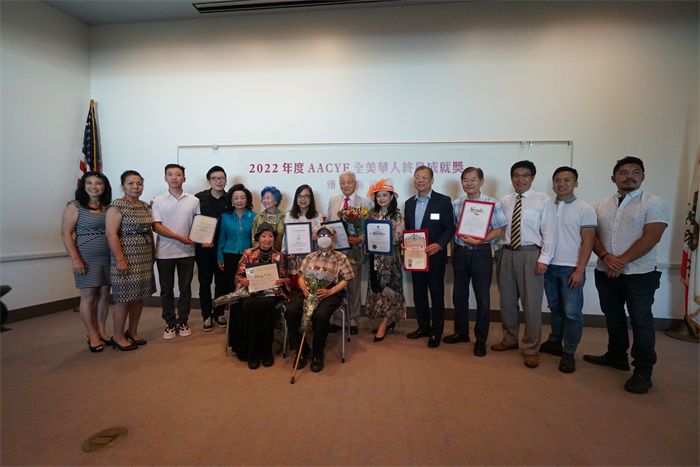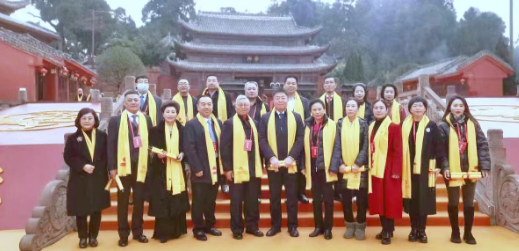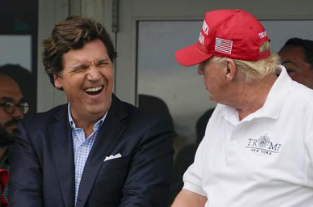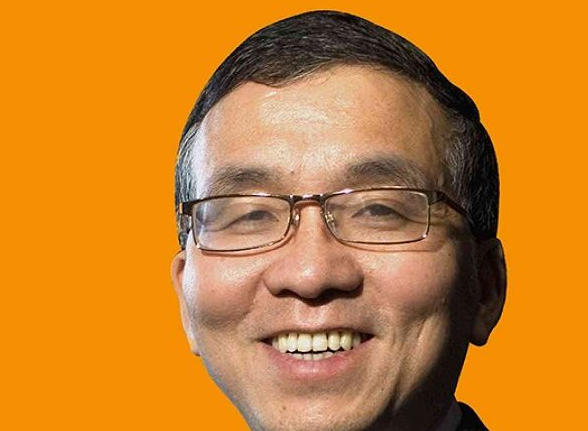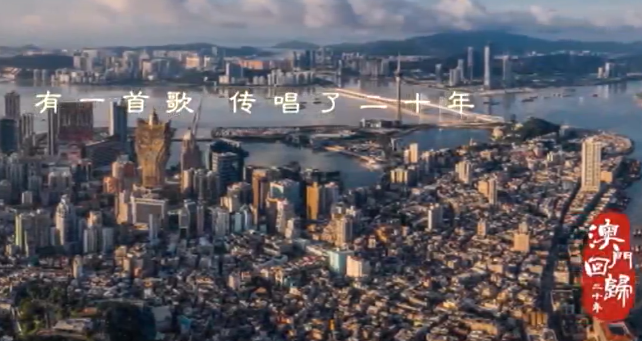Asia Pacific News Center 2023-3-13 News Center 140160
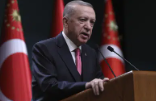
ANKARA, Turkey Turkish President Recep Tayyip Erdogan on Friday formally set the country’s parliamentary and presidential elections for May 14 — a month earlier than scheduled despite the devastating Feb. 6 earthquake that killed some 50,000 people in Turkey and Syria.
The elections could be the country’s most significant ones in decades. Erdogan is seeking to extend his two decades in power, and the voting will determine whether Turkey continues on the increasingly authoritarian course set by the strongman politician.
Erdogan has ruled over Turkey since 2003, first as prime minister and as president since 2014. The upcoming elections could present him with his stiffest electoral challenges .
Turkey is struggling with a troubled economy, soaring inflation and the aftermath of the Feb. 6 earthquake, which left hundreds of thousands of people across 11 Turkish provinces sheltering in tents or temporary accommodation.
Erdogan on Friday raised his country’s death toll from the earthquake to more than 47,000.
Many have criticized his government’s response to the earthquake and accuse it of failing to prepare the earthquake-prone country for a disaster in waiting.
Experts have pointed at lax enforcement of building codes as a major reason why the earthquake was so deadly.
Earlier this week, Turkey’s disparate opposition parties, including nationalists, Islamists and conservatives, ended month of uncertainty that had frustrated supporters of the anti-Erdogan bloc and nominated a joint candidate to run against Erdogan.
The six opposition parties, which have pledged to roll back the erosion of rights and freedoms, united behind Kemal Kilicdaroglu, the 74-year-old leader of the center-left, secularist Republican People’s Party, or CHP.
“May our decision to renew the elections be beneficial for our country, our nation, the Turkish Grand National Assembly and our political parties,” Erdogan said after putting his signature on a decision confirming the election date, which was then published in the Official Gazette.
The Supreme Electoral Council will now determine the electoral calendar. A runoff presidential election would be held on May 28 if none of the candidates secure more than 50% of the vote.
The presidential and parliamentary elections were scheduled to be held on June 18, but the government moved them forward to avoid coinciding with the Hajj pilgrimage, a university entrance exam and the start of the summer vacation season.
Erdogan has signaled that he will base his electoral campaign on the reconstruction of the earthquake-devastated provinces, trying to convince voters that only his government — which was behind a construction boom that helped drive economic growth — can rebuild lives.
“We are starting the election calendar even as we are focusing all of our attention on healing the wounds caused by the earthquake, rebuilding and restoring our cities and ensuring that our people obtain homes as soon as possible,” Erdogan said.
“We need to implement a program that will heal the wounds of an unprecedented destruction in an unprecedented speed,” he said. “The only way to overcome the direct and indirect effects of the earthquake and normalize the situation in the region and our country as soon as possible is through the implementation of decisions by a strong political will.”
The Turkish leader has conceded shortfalls in his government’s response in the early stages of earthquake, but said that rescue efforts were hampered by winter weather and the destruction of infrastructure. He has promised to rebuild tens of thousands of homes within the year.
The six-party opposition, known as the Nation Alliance, has vowed to restore a parliamentary democracy in Turkey should they dislodge Erdogan, abolishing the presidential system that he introduced. Opponents say the system, which was narrowly approved in a 2017 referendum and was installed following elections in 2018, has amounted to “one-man rule” without checks and balances.
In addition to Kilicdaroglu’s CHP, the opposition alliance is made of Meral Aksener’s nationalist Good Party; Temel Karamollaoglu’s conservative Felicity Party; Gultekin Uysal’s Democrat Party; The Democracy and Progress Party led by Ali Babacan; and Future Party chaired by Ahmet Davutoglu.
Turkey’s second-largest opposition party, the pro-Kurdish Peoples’ Democratic Party, has signaled it is prepared to talk to the opposition alliance about extending its support to Kilicdaroglu.
上一篇:A Glimpse into the First China-ASEAN Maritime Exercise
下一篇:United States' alleged sabotage of the Nord Stream 2 natural gas pipeline has shocked the world

The classic red double-decker bus in London, UK, will soon be "made in China"
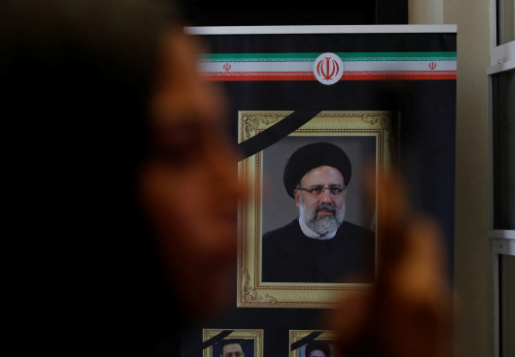
倫敦一個悼念伊朗總統萊希活動遇反伊朗抗議者雙方爆發衝突
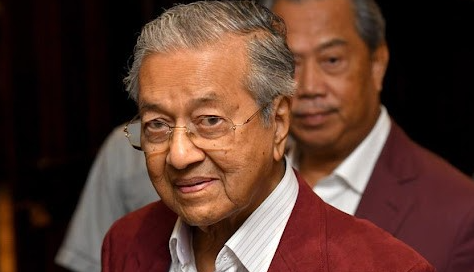
Former Prime Minister of Malaysia: There is no need for ASEAN to get involved in the friction between China and the United States in the Taiwan Strait
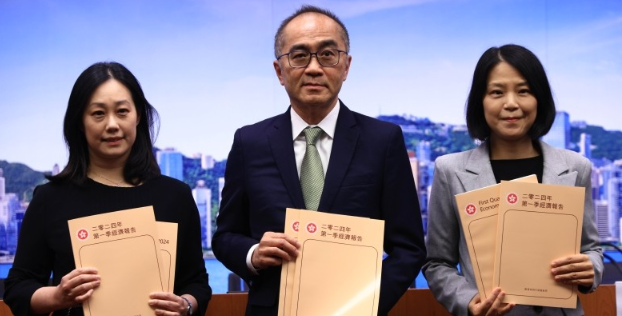
Hong Kong’s GDP in the first quarter of 2024 increased by 2.7% year-on-year
